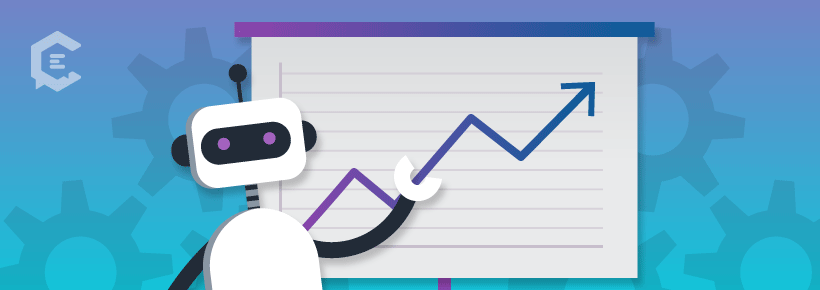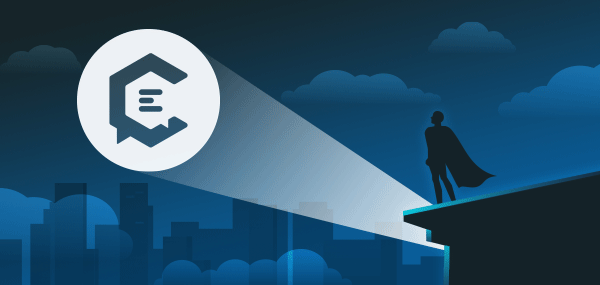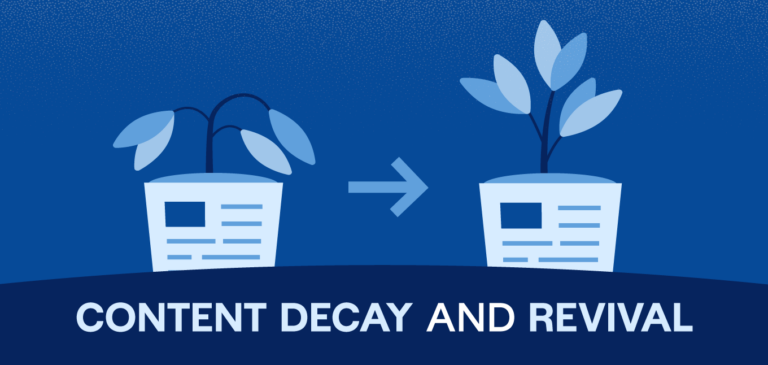 If you follow social media related news, you likely saw a score of articles earlier this year about Facebook’s Cambridge Analytica debacle. While the misdeeds of Cambridge Analytica cast a long shadow on Facebook’s policies concerning third-party access to data, it also had potential to damage the emerging martech field of chatbots. But did it?
If you follow social media related news, you likely saw a score of articles earlier this year about Facebook’s Cambridge Analytica debacle. While the misdeeds of Cambridge Analytica cast a long shadow on Facebook’s policies concerning third-party access to data, it also had potential to damage the emerging martech field of chatbots. But did it?
Cambridge Analytica debacle backstory
For those of you that may have missed the Facebook/Cambridge Analytica news cycle, here is a quick recap of what happened. Cambridge Analytica, a political consulting firm, came under fire in March and April of this year, when it was revealed that they had improperly leveraged consumer data for 87 million Facebook users.
It turns out that Facebook’s policies and protections for third parties using their data was not nearly as robust as it should have been, and so the news reports quickly turned their fury from Cambridge Analytica to Facebook itself. In turn, Facebook took immediate action to preserve its brand image and protect itself from further problems by locking down chatbots and third-party data sharing.
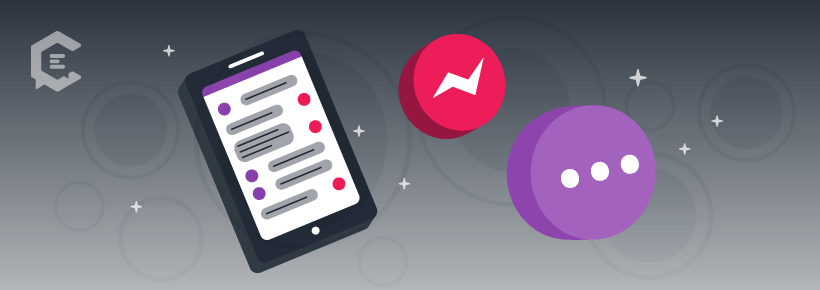
How were Facebook Messenger Chatbots immediately affected?
While much of Facebook’s recalibrations at this time were focused on making the user experience better by decreasing a business’s reach with non-paid, organic posts, we did see several ways that Facebook took immediate action on the way chatbots operated on their Facebook Messenger platform.
- No new bots. Facebook announced that they were pausing all new app approvals, including that of chatbots. While the word on the street was that this pause would only last about two weeks, it stretched on to about two months.
- Limited bot improvements/fixes for existing bots. Depending on the chatbot you had built, your or your development team may have wanted to make major revisions to your bot, which could require a disconnect and reconnect to Facebook’s platform. Facebook deactivated this so that you wouldn’t be able to reconnect your bot.
- More incentive to find bugs and flaws in bots. Facebook doubled-down on its bug bounty program. Facebook had originally rewarded people who found bugs in Facebook itself but opened up monetary rewards to those that found data misuse flaws in apps, including chatbots.
What predictions were made for the future of chatbots?
There were many predictions for chatbots, some of which came true, others… not so much. I’ve highlighted a few of the most common predictions here and added my own quick narrative as to whether or not those predictions came true.
“Developers [may] try a different platform for their chatbots” — Georgia Skandali. This doesn’t seem to have come true. While there are no definitive reports (yet) that evaluate and report on market share for chatbot platforms, my observations point to Facebook Messenger having maintained its leadership position in the chatbot world.
“This recent Messenger announcement will surely accelerate a significant migration of chatbots to different platforms.” — Swapratim Roy. As indicated above, this doesn’t appear to have come true. I’ve fruitlessly scoured the web looking for any reports on the market share of different platforms. The best report I could find was from 2017, well ahead of the Cambridge Analytica meltdown, and it points to an obvious hole in the current chatbot industry: There is no centralized third party evaluating and reporting on the market in any robust manner.
“Temporary pause [in chatbot reviews] will take less than 2 weeks” — Oscar Ibars. The chatbot review process actually went on to take almost six weeks to be resolved.
“The long-term desired effect for Facebook [chatbots] is a more secure platform” — Sarah Rogers. While Facebook claims to have increased the security and depth of their approval process, chatbot apps are still just as easy to get approved via third-party apps such as ManyChatHQ and chatfuel.
“Bot communities predicted that Facebook might be thinking of get rid of 3rd party chatbot developers eventually and make the most profit out of it by letting the users build chatbot directly.” — Swapratim Roy. While Facebook continues to release functionality empowering direct chatbot builders, the ecosystem of chatbot builders leveraging third-party platforms has not slowed.
“Messenger will try to remove the 3rd party chatbot developers and motivate users to create bots on their own” — Georgia Skandali. Again, Facebook Messenger chatbots are increasing in number, with most of them being built on third-party platforms. This prediction does not appear to have come to fruition.
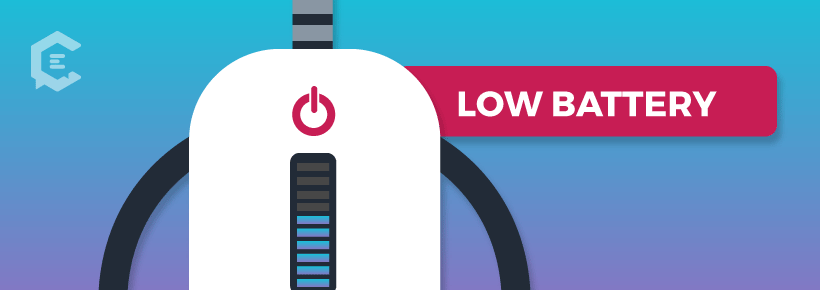
What lasting changes have come to chatbots due to Facebook’s “crackdown?”
As Facebook was confronted with the harsh reality that their privacy policies and thirty-party data usage regulations were too lax, they committed to doubling down on security. And in some ways security has doubled down, but not in the way that is readily apparent.
While there are no concrete reports to back this up, anyone that has been following the Manychat community on Facebook has seen a consistent increase in the number of Facebook Messenger chatbots that have been blocked, after their initial approval process. I’ve reviewed many of these blocked bots, and it is my opinion that the bots that were blocked were being somewhat spammy and were likely reported to Facebook for being such.
Aside from those bots that have been shut down, there are no other significant security improvements from Facebook. In fact, Facebook’s approval process for Messenger chatbots is still the same for bot builders using chatbot-building platforms such as Manychat or Chatfuel. The simplicity of building a bot is just as easy as it was in March of 2017 when I first wrote my popular “How to Build a Chatbot in About 10 Minutes” blog post.
After the Facebook pause of approving chatbots, there have been another considerable move taken by the chatbot-building community as a whole. Chatbot builders, with this new realization that Facebook holds the keys to the ongoing success of their chatbots, are more incentivized than ever to capture at least an email address for everyone that engages with their bot. Having an email on record ensures the chatbot operators will be able to engage with their audience even if Facebook decides to close their bot, start charging for API access, etc.
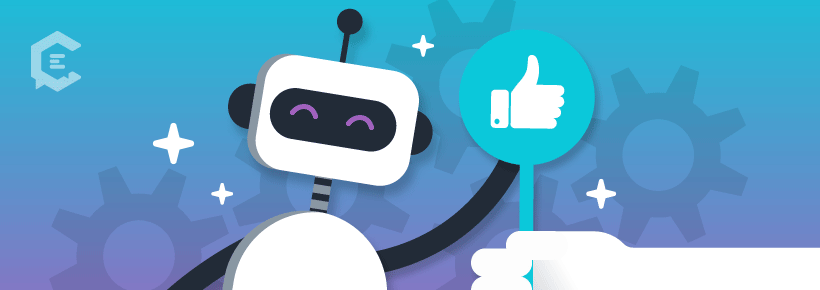
So have chatbots been hurt or helped?
With the changes made by Facebook- on Messenger-based chatbots, has the chatbot craze slowed? Has consumer trust in Facebook decreased after the Cambridge Analytica fallout? Has that consumer mistrust decreased the efficacy of chatbots used for marketing purposes?
In looking at the above-mentioned changes, to the chatbot ecosystem itself, as well as the way that chatbot builders have shifted their methods and techniques in chatbot building, I would argue that the revelations concerning Cambridge Analytica’s shady dealings, and how the resulting burden ultimately fell on to Facebook, is a net positive for the marketing community.
I’ve come to that conclusion, that marketing professionals and chatbot builders have been helped by all of this, based on two thoughts: Marketers are more aware of the risks of single-system dependency and Facebook is more proactive in blacklisting bad chatbots.
Gone are the days when marketers put all their effort behind a single system or channel for marketing; they are now more incentivized to distribute their effort and advertising expense across a multitude of channels. Likewise, gone are the days when anybody could build a chatbot and leverage it in means that are spammy and ultimately detrimental to the marketing practice as a whole; Facebook is more proactively shutting down bad bots that get a lot of spam reports. Those two measures alone are a reason for celebration for the long term success of chatbots used for martech purposes.
